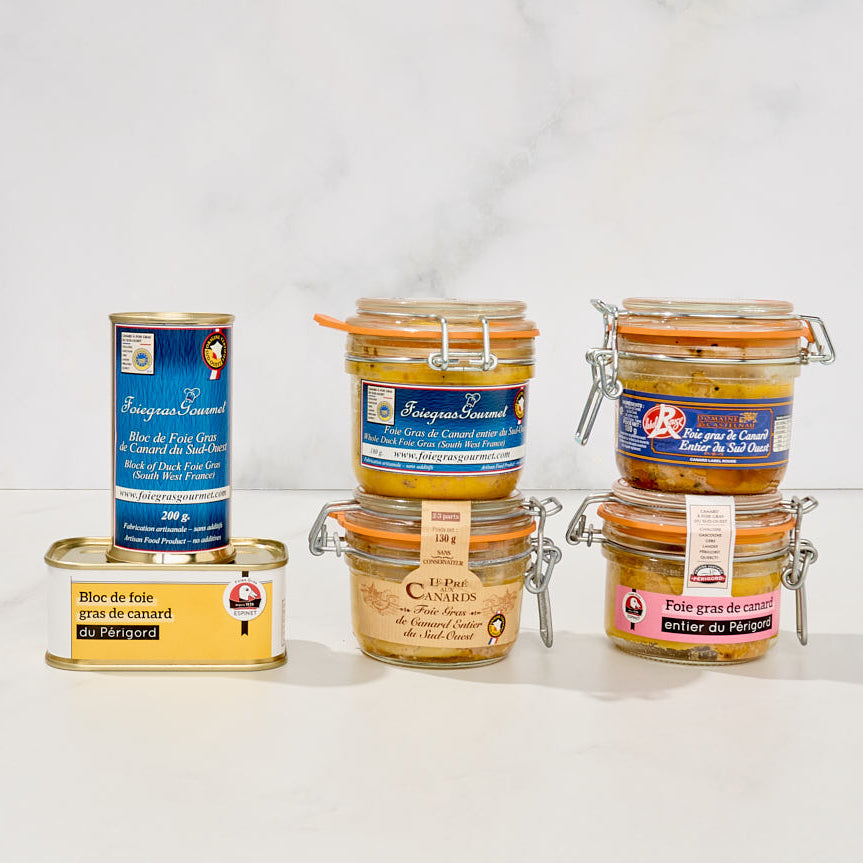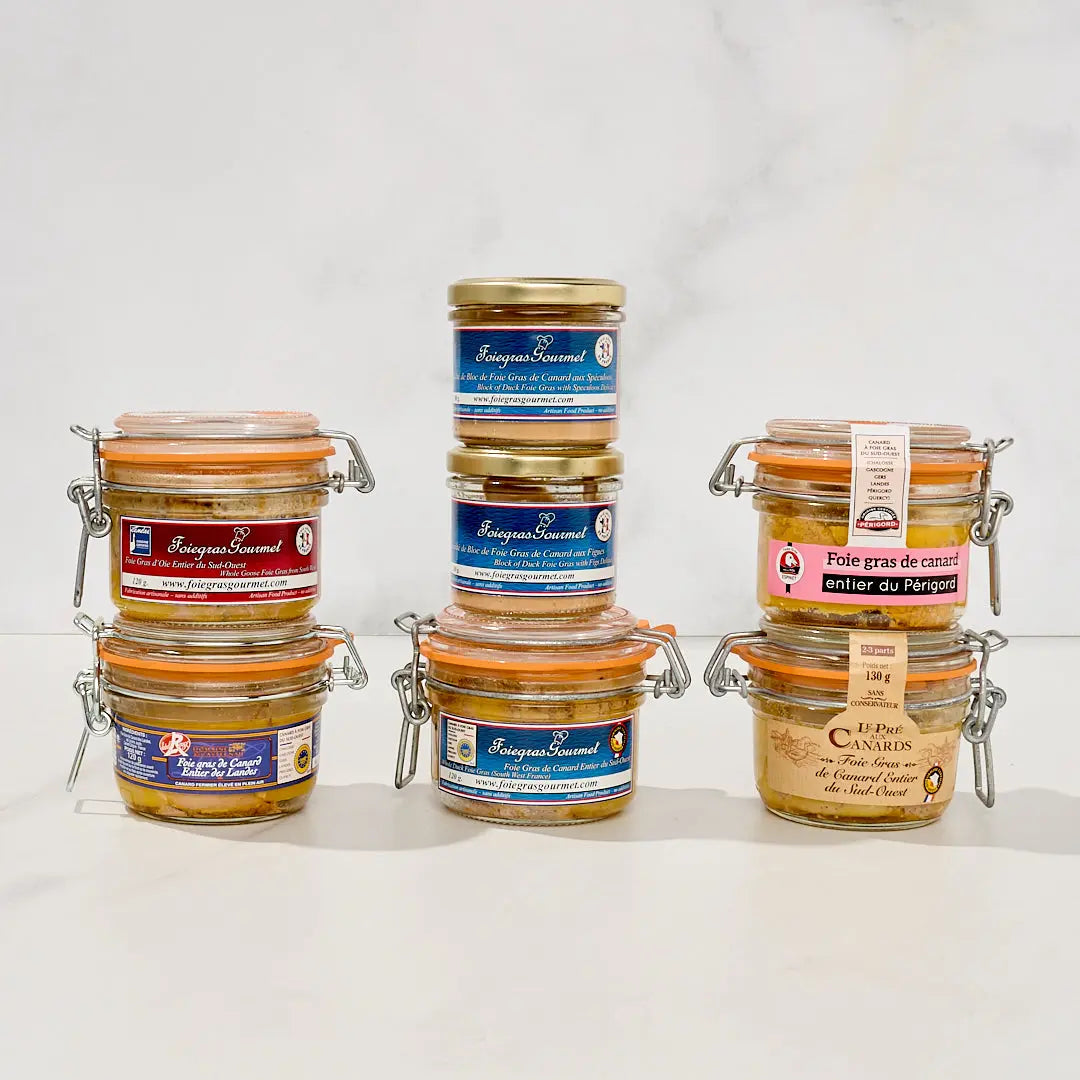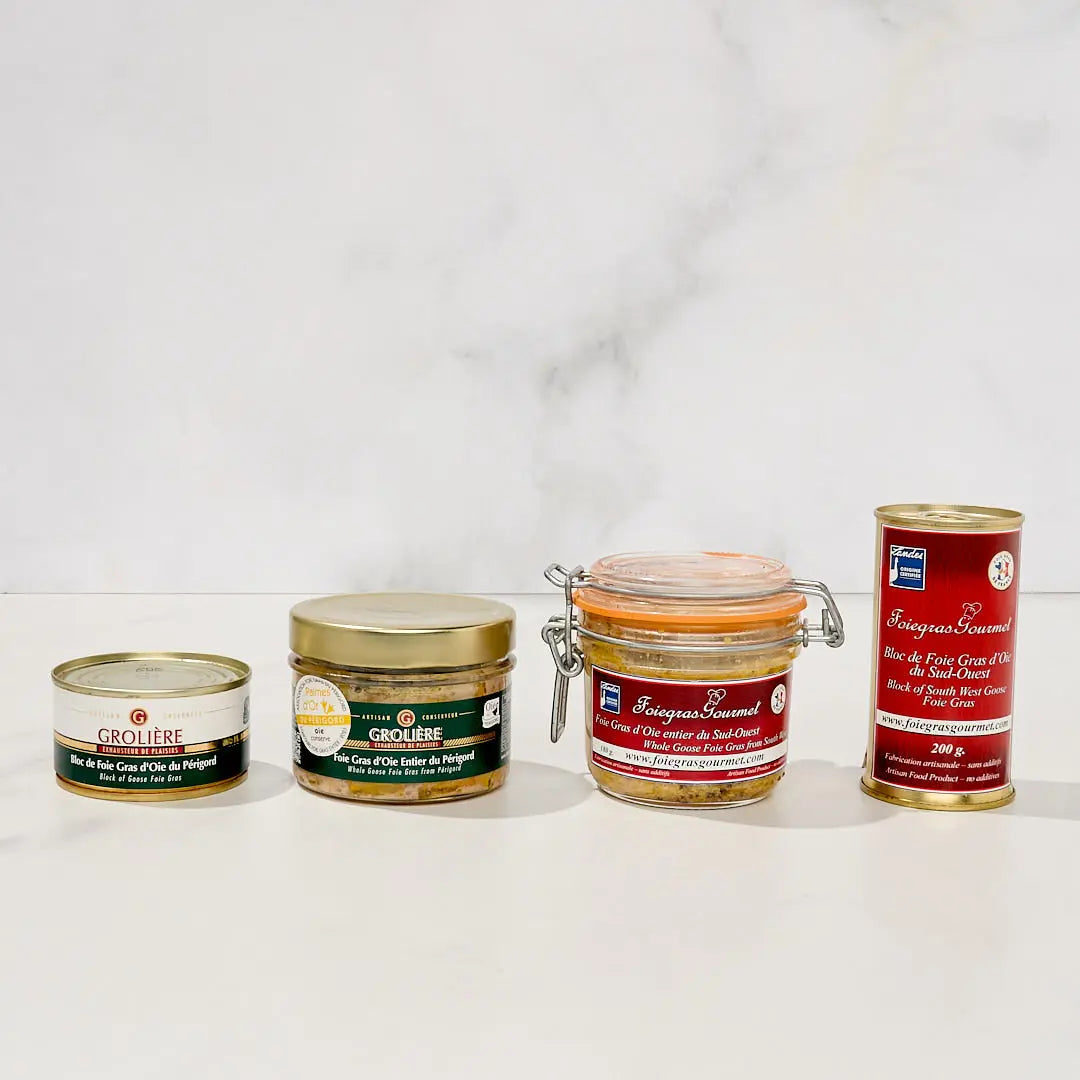Foie gras, dietics and French gastronomy
Laura is a qualified dietician and teaches dietics in a College in the East of France.
She also writes one of the renowned French gastronomic blogs: “Diet and delights”. It has been very interesting to get her opinion on foie gras.

Do you know whether foie gras producers have a healthier life and diet than those living in cities?
In the South West of France, the foie gras producers eat a lot of foie gras without developing high cholesterol.
Their food is varied and they consume a lot of animal proteins without developing any particular diseases (they are not particularly disposed to amyloid disease or rheumatoid arthritis, for example, even though they live on their farms alongside their animals, ducks, geese and other birds).
As well as the production of foie gras, they often develop their own recipes to produce delicious homemade pâtés, mixing duck offal with pork meat (ensuring that nothing is wasted by including organs such as the stomach, liver and throat) for their personal consumption. They will sometimes offer these delicacies as part of table d’hôte menus which are increasingly competing with the best restaurants in the country.
This is just one of the many reasons that tourists flock from all over the world to enjoy these delicious dishes and even if portion sizes are sometimes rather generous enjoying such delicacies as a treat. It’s human nature to award yourself an occasional treat and treating yourself from time to time is not bad for your health and your body!
Laura, you are a dietician and you love foie gras. Dietics and foie gras are not antinomic?
Dietics doesn’t rime with deprivation, on the contrary dietics is based on a healthy and varied diet. You must just pay attention to the quantity in which and the frequency with which you consume these products. But it’s important to take pleasure in what you eat.

As its names implies, foie gras is fatty! But you should nevertheless know that there are different fats; fats such as saturated fatty acids, which you must not consume too much of, since they can lead to cardio-vascular diseases.
Mono-unsaturated and poly-unsaturated which you can find in numerous vegetable based products like olive oil, but also in large quantity in foie gras are considered beneficial to your health since they contribute to the protection of the cardio-vascular system.
However, foie gras does contain a large amount of fat. But it is accepted that consumed with moderation, thanks to the “good” fatty acids it contains, foie gras is on the whole healthy.
In any case, for an apéritif, there’s no point in depriving yourself of foie gras and making a mad dash for other products (saucisson, chips, peanuts etc.) which are not so good and in fact contain more calories and unhealthy fats.
Can we eat foie gras everyday?
Since 2005, Foie gras has been officially part of our national French heritage but foie gras is a refined product (and thus expensive) which must be consumed occasionally as a treat with family or friends.
To consume foie gras whilst making sure the calorific value of a meal is reasonable, I advise you, if the foie gras is to be served as a starter, to eat a light appetizer made up of raw vegetable sticks served with a fromage blanc based sauce.
How to choose your foie gras with all the products available on the market?
Whether it’s for foie gras or for any other product, the simplest thing to do is to properly read the label. The shorter the list of ingredients the better it is and the more chance we have of getting something natural.
As soon as the list starts to lengthen, we start to see complicated names and number codes etc. generally this means additives, colourings and preservatives.
What exactly do you think of colourings, additives and preservatives?
We already consume them in great quantity, especially in highly processed and industrial products. However, we don’t necessarily have enough distance vis-à-vis these products to evaluate the combined effect of the different molecules on our health. It is thus preferable to consume the most natural foies gras.
Can pregnant women consume foie gras?
Foie gras preserve (jarred foie gras) has no risk since it has been sterilised. On the other hand, even if the risk is small, it’s worth being prudent and avoiding uncooked or half-cooked foie gras.
And you Laura, how do you like foie gras?
I like to eat foie gras very simply: with a slice of very fresh and crusty bread or on a thin slice of pain d’épices (French gingerbread). I also like foie gras accompanied by fig or onion conserve, to give it a sweet touch. I absolutely do not ban foie gras of my diet.
And more for originality and to surprise my guest, I put the foie gras with chocolate: it always has its little effect!

When during the meal do you prefer to eat foie gras ?
For the appetizer, the starter or the main… : anytime during the meal is good for tasting foie gras.
For the main course, I just like to put a thin slice of foie gras on some hot pasta. It will melt and let out all its flavour. It’s delicious.













Leave a comment